Will Mississippi finally offer an apology for slavery?
Posted January 13th, 2015 by James DeWolf PerryCategory: Repair and reparations Tags: Apologies, Georgia, Legislation, Mississippi, Racial discrimination, slavery
This is the season for state legislatures to consider whether to finally offer an apology for their role in slavery and racial discrimination, as eight states in the North and South have seen fit to do in recent years.
On Friday, we reported on the apology bill which has been filed in the new session of Georgia’s House of Representatives. That resolution would express the Georgia General Assembly’s “profound regret” for the state’s historic role in slavery.
This morning, we have word that an apology resolution has been filed in the Mississippi State Legislature by Rep. Willie Perkins (D-Greenwood).



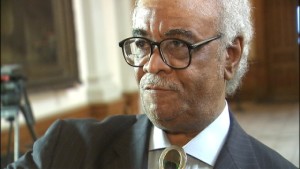 The last time we provided an update here on the effort to have U.S. states to apologize for their role in slavery and racism, we reported that the Tennessee House of Representatives had voted overwhelmingly to approve a resolution which would have expressed “
The last time we provided an update here on the effort to have U.S. states to apologize for their role in slavery and racism, we reported that the Tennessee House of Representatives had voted overwhelmingly to approve a resolution which would have expressed “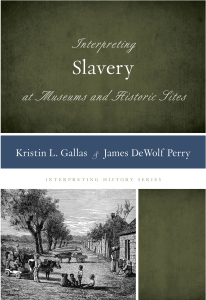
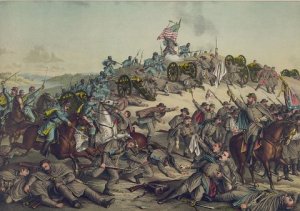 Today marks the 150th anniversary of the Battle of Nashville, which, between December 16-17, 1864, broke General John Bell Hood’s Confederate Army of Tennessee and left Tennessee in Union hands for the duration of the war.
Today marks the 150th anniversary of the Battle of Nashville, which, between December 16-17, 1864, broke General John Bell Hood’s Confederate Army of Tennessee and left Tennessee in Union hands for the duration of the war.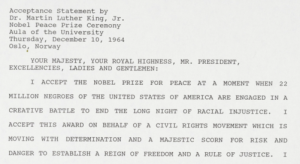
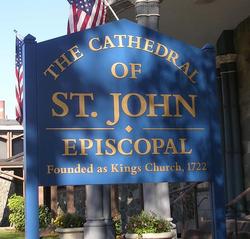 The Tracing Center is excited to be part of a growing movement to transform much of the Episcopal cathedral in Providence, R.I. into a
The Tracing Center is excited to be part of a growing movement to transform much of the Episcopal cathedral in Providence, R.I. into a